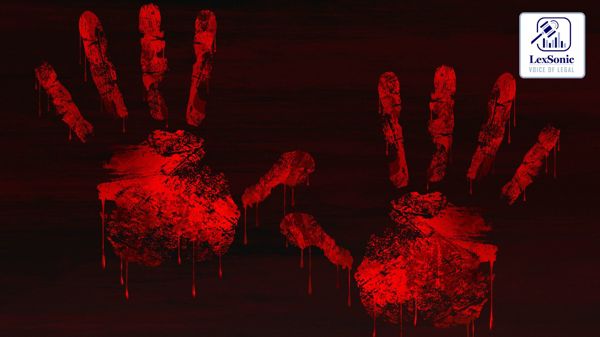Supreme Court Affirms Murder Conviction: Armed Trespass and Fatal Blow Over Land Dispute.
02 April 2025
Criminal Appeals & Suspension of Sentence >> Criminal Law | Murder Homicide >> Criminal Law
The appellants argued lack of premeditation or intent to cause death, highlighting that the deceased's fatal head injury might have been caused by an accidental fall despite the witnesses mentioning cutting weapons. The respondent-State countered with the consistent testimony of the injured eyewitnesses (grandchildren) stating that the accused trespassed and attacked with deadly weapons without provocation. The State argued that the single blow to the head caused the death, regardless of the time elapsed before death.

The Supreme Court scrutinized the evidence, noting that the eyewitnesses being related to the deceased did not automatically discredit their testimony. The Court found the prosecution unequivocally proved the altercation occurred in the deceased's house after the accused arrived with deadly weapons, intending harm. Testimony from a neighbor corroborated the animosity over the place of worship and the accused being armed.
While acknowledging the "double-edged sword" of motive, the Court found the eyewitnesses' accounts credible, especially since they were all injured in the same incident. Their testimonies regarding the accused coming with weapons and inflicting blows, including a blow to the deceased's head, were largely consistent with the medical evidence of injuries sustained by the deceased and the grandchildren.
The Court concluded that the accused came to the house armed with deadly weapons with the intention to cause injuries likely to cause death, negating any claim for conviction under a lesser charge of culpable homicide not amounting to murder or any exceptions to murder. The medical evidence of a fatal head injury, consistent with the eyewitness accounts of a blow to a vital part of the body with a deadly weapon, supported the conviction under Section 302 of the Indian Penal Code.
Section 302., Indian Penal Code - 1860
